If you’re not Orthodox, it can be hard to understand what your Orthodox Christian friends have been doing for the last week, or why they’re so bleary-eyed today. Let me see if I can explain it.
To imagine Pascha, think of what it would be like if you combined the celebrations of Easter, Thanksgiving, Christmas, New Year’s, and Fourth of July all over one long weekend. We get out heirlooms that we use only once a year, on Pascha. We have church services and festive meals at church and with our families. We clean and shop and cook. We stay up all night and go home at dawn. We drink and eat and shout “Christ is risen!” We picnic. We dance. Depending on local customs (and local laws) we might even have fireworks.
This huge celebration is the culmination of weeks of intense preparation. Intense, as in cooking and cleaning, of course. But also intense spiritually and liturgically. To prepare for Pascha, we fast and pray and give alms. We confess our sins. We spend more time in church.
During the week leading up to Pascha, Holy Week, we have two long services at church every day. Of course, most of us can’t make it to all of the services. We have jobs and school and other obligations that we can’t give up, just because it’s Holy Week. So we do what we can.
And when we get to Pascha, we celebrate. The service starts at about 11:30 on Saturday night. We have processions and hymns, candles and incense. We pray. We sing. We shout “Christ is risen!” in English and Russian and Greek and whatever other languages the people in the parish can manage. And when the service is over, about three o’clock in the morning, we have a party. There might be lamb soup. There might be cheese and sausage balls. There will be bacon. We eat. We talk. We laugh. And along about sunrise we head for home and get a nap.
And on Sunday, we come back to the church for another service, and another party. More food. Wine and beer. Maybe music and dancing. More talk and laughter. An Easter treat hunt.
It’s a huge celebration, because we have so much to celebrate.
Christ is risen!
Read More
Celebrating Pascha: The Queen and Lady of Days: The joy of Pascha, and the reason we celebrate in the middle of the night.
Like Jonah on the Third Day: At the Vesperal Divine Liturgy on Holy Saturday, we don’t shout “Christ is risen!” But that service is the beginning of Pascha.
Don’t put away the Easter picture books!: The midnight service isn’t the end of the celebration of Pascha. It’s the beginning. Easter picture books can help children understand that it’s still Pascha.
Books by Charlotte Riggle
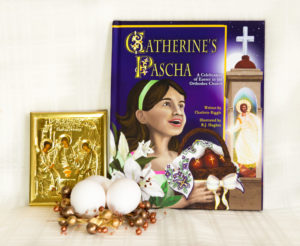
Catherine’s Pascha shares the joy of Pascha through the eyes of a child. Find it on Amazon or Bookshop.org.
![]()
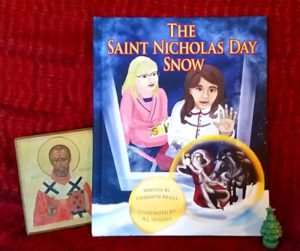
The Saint Nicholas Day Snow is filled with friendship, prayer, sibling squabbles, a godparent’s story of St. Nicholas, and snow. Lots and lots of snow. Find it on Amazon or Bookshop.org.
![]()
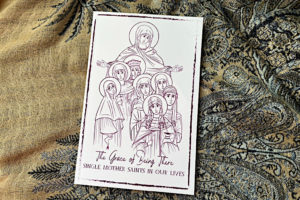
In The Grace of Being There, women who are, or have been, single mothers share stories of their relationships with saints who were also single mothers. Charlotte’s story of the widow of Zarephath highlights the virtue of philoxenia. Find it on Amazon or Park End Books.


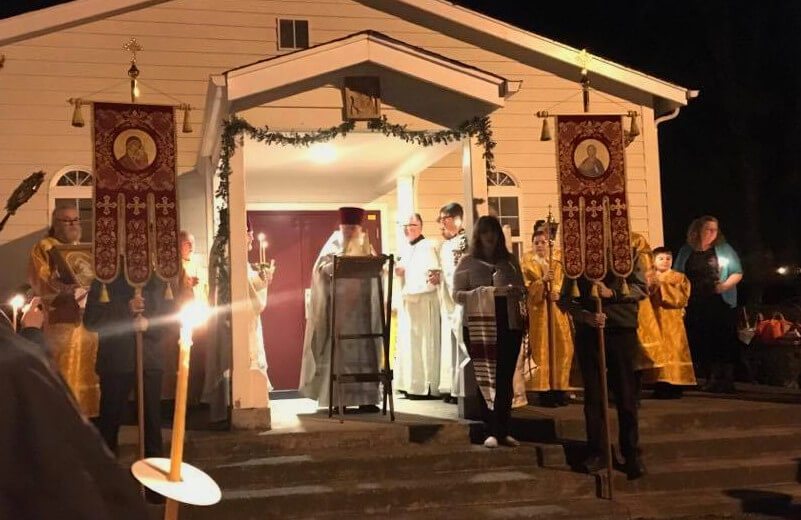
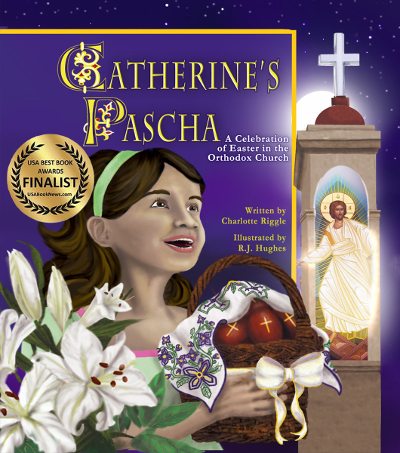
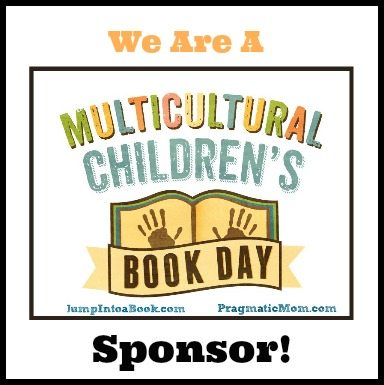
Christos Anesti! Holy Resurrection is such a beautiful church! What a joy and surprise to find it on Pinterest tonight! My mother is a member of this church!
Alithos anesti! I’m delighted that you found the pin.